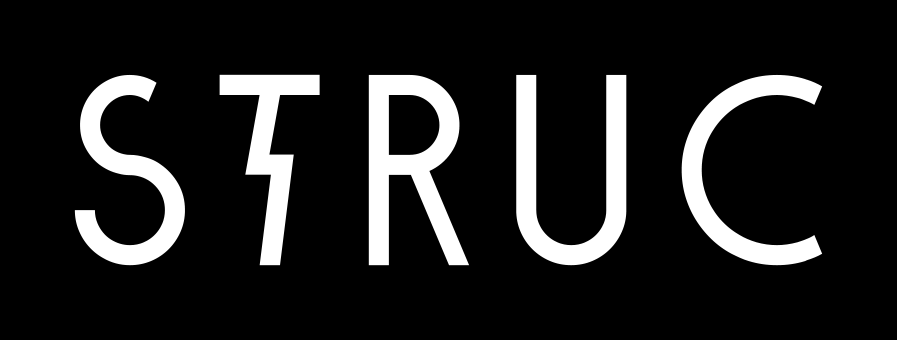TOP 3 OPS QUESTIONS
FOUNDERS SHOULD BE ASKING THEMSELVES
You’re likely in a critical growth and transition time. As an early stage company you are quickly outgrowing the ad hoc way of doing business and require and desire a bit more structure. Not only will investing in these updates improve performance, this work has an impact on culture and the enjoyment of everyone on the team by allowing them to do their job with less friction. Plus, smart investors love to see how you’ll handle 3x the headcount and 10x the $$ in the year ahead. See below for three key areas to assess to set you up for future success.
HOW YOU COMMUNICATE
In a fast moving startup it is tempting to fall into the trap of “by any means necessary”. But what ends up happening is lack of clarity. Ensure that your team has best practices for collaboration.
Communications Questions:
Does your team frequently silo information, making it harder to collaborate?
Is it clear how often you’re scheduling a time to connect within you team and with your colleagues?
Are you using email for internal conversations?
Do you have recurring feedback meetings?
Ensure there is clarity amongst teams and the entire organization on standard communication and collaboration methods to save time and money.
TO DO:
Look into internal comms tools like Slack, Microsoft Teams or Discord. And scheduling weekly team members to review priorities.
Choose a central place to store company documents and assets AND create a standard SOP for how things are cataloged, used and maintained.
Implement an operating cadence amongst teams, junior associates and senior team members.
HOW YOU MEASURE SUCCESS
Similar to communication in step one, it can be easy to fall into a never-ending list of tasks and work that makes it feel like you’re busy but not really making the process you want.
Project Management Questions:
Is it clear who on your team is responsible for what?
Are defined tasks and initiatives time-bound?
Does your organization have a simple system for tracking:
WHAT needs to get done.
WHO is responsible for completing the task.
WHEN it needs to be completed.
Without this foundational 3 step framework it is virtually impossible to track “success”.
You want to be able to adapt and augment how you do business by understanding how well your execution is going. This will help you track growth, manage costs and resources and ultimately help you secure other rounds of funding.
TO DO:
Set weekly, monthly, quarterly and annual goals.
Pick a solid program management platform like Asana, Monday, Trello etc to start tracking tasks that roll up to company goals and KPIS.
Ensure the company has a guiding principle that helps the organization stay aligned on the mission.
WHO YOU WORK WITH
When you’re moving quickly, it can be tempting to fill all roles and needs with the nearest warm body and ‘your cousin’s college roommate with an impressive MBA’. Building the right team is one of the key indicators of a company’s long term success. Reduce the resource lift when hiring, and improve the process of joining your company, making new hires feel supported and the existing team’s work environment frictionless.
Hiring & Team Management Questions
Does your team need managers or individual contributors? What specific workforce gaps do you need to fill?
At your stage is it more advantageous to hire a consultant or vendor before making a full-time hire?
Have you drafted precise job descriptions based on resources needs? How are you determining salary?
How easy is it onboard and off-board teammates? Are there training SOPs in place for new comers and legacy plans for key transitions?
TO DO:
Ensure you have a formalized org chart and reporting structure. This will help you identify workflow gaps quicker.
Determine your seniority needs to guide budget and compensation conversation.
Design a quick and straightforward recruiting process for all upcoming hires to mitigate bandwidth drain.

